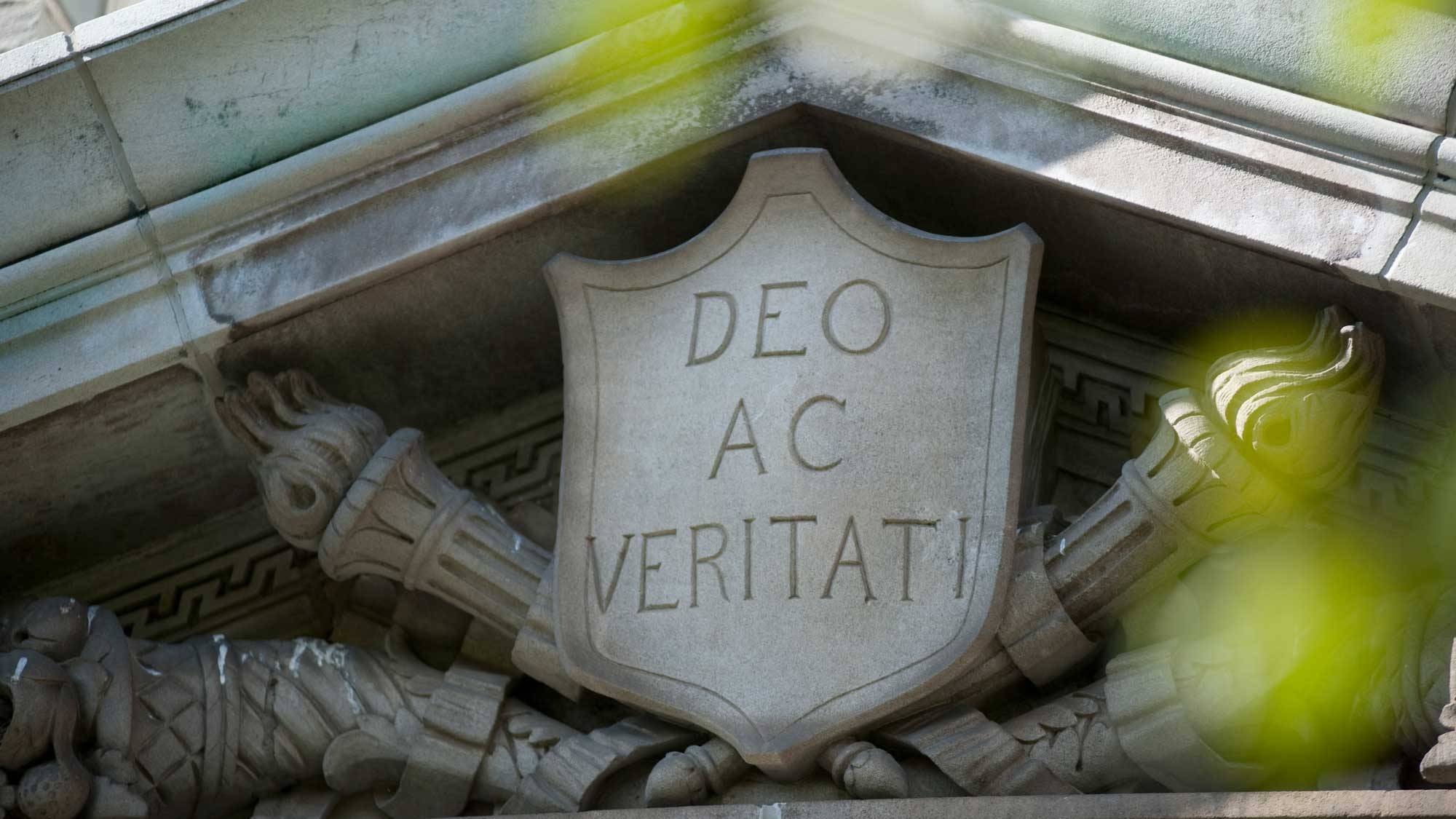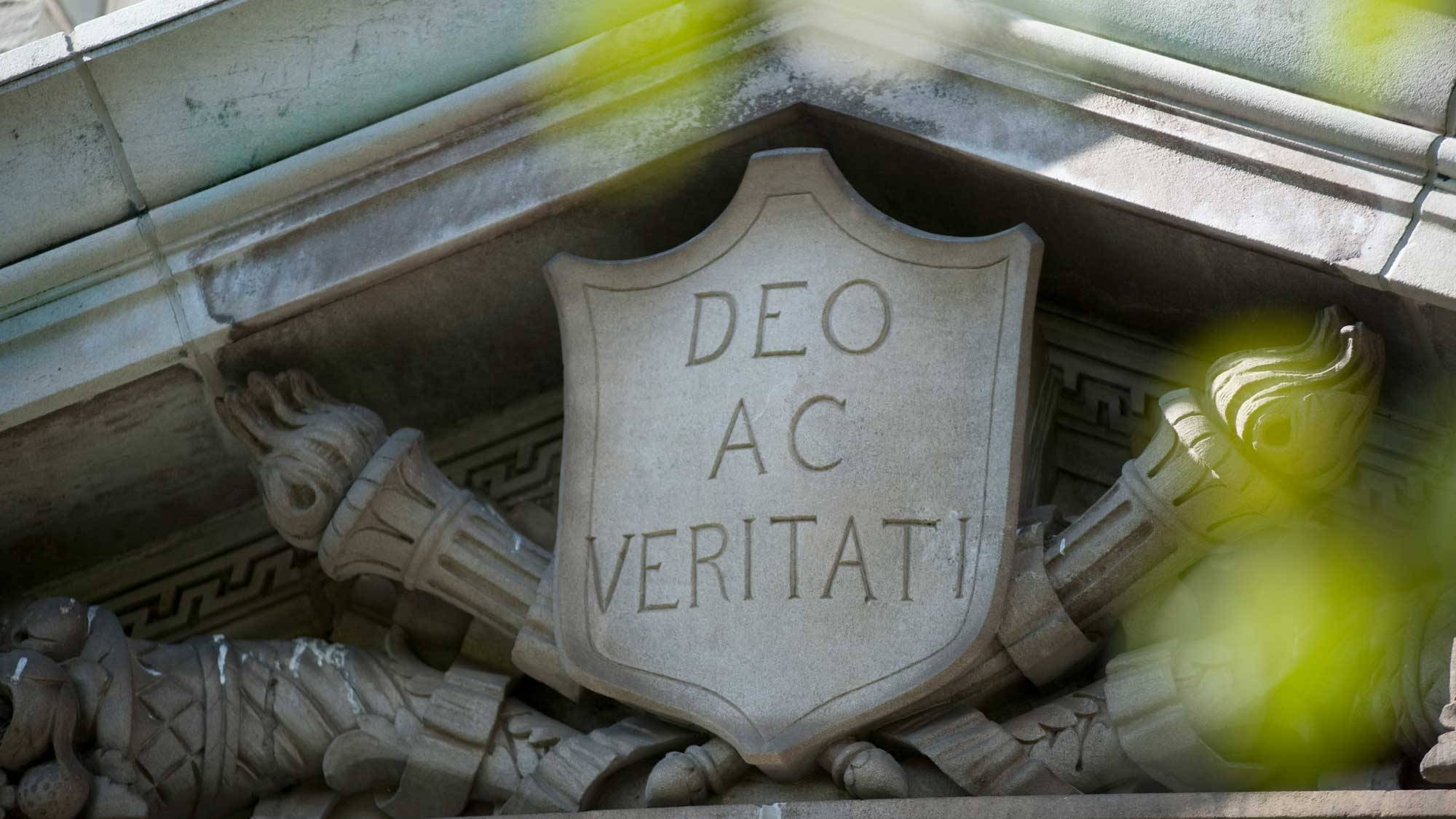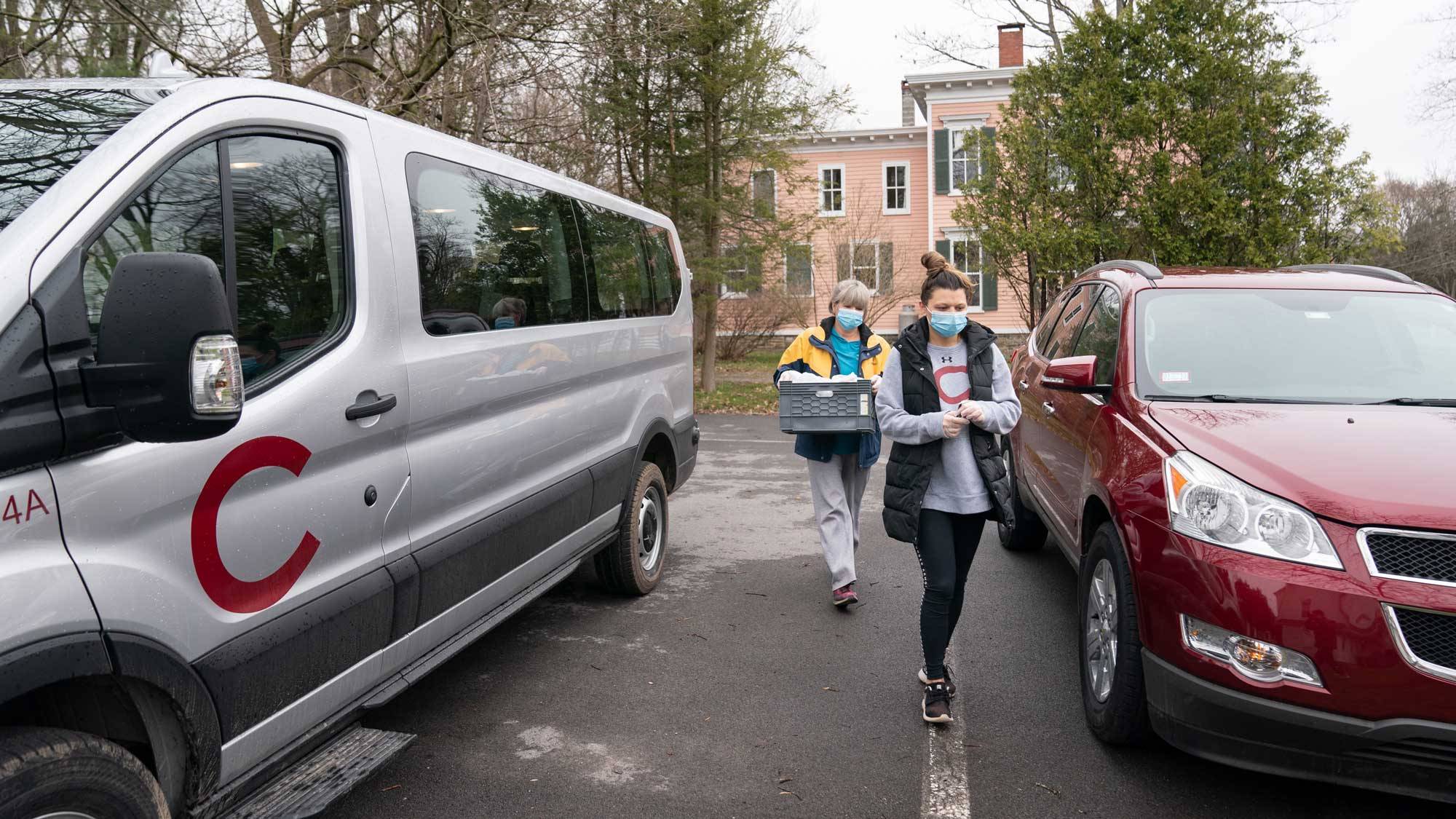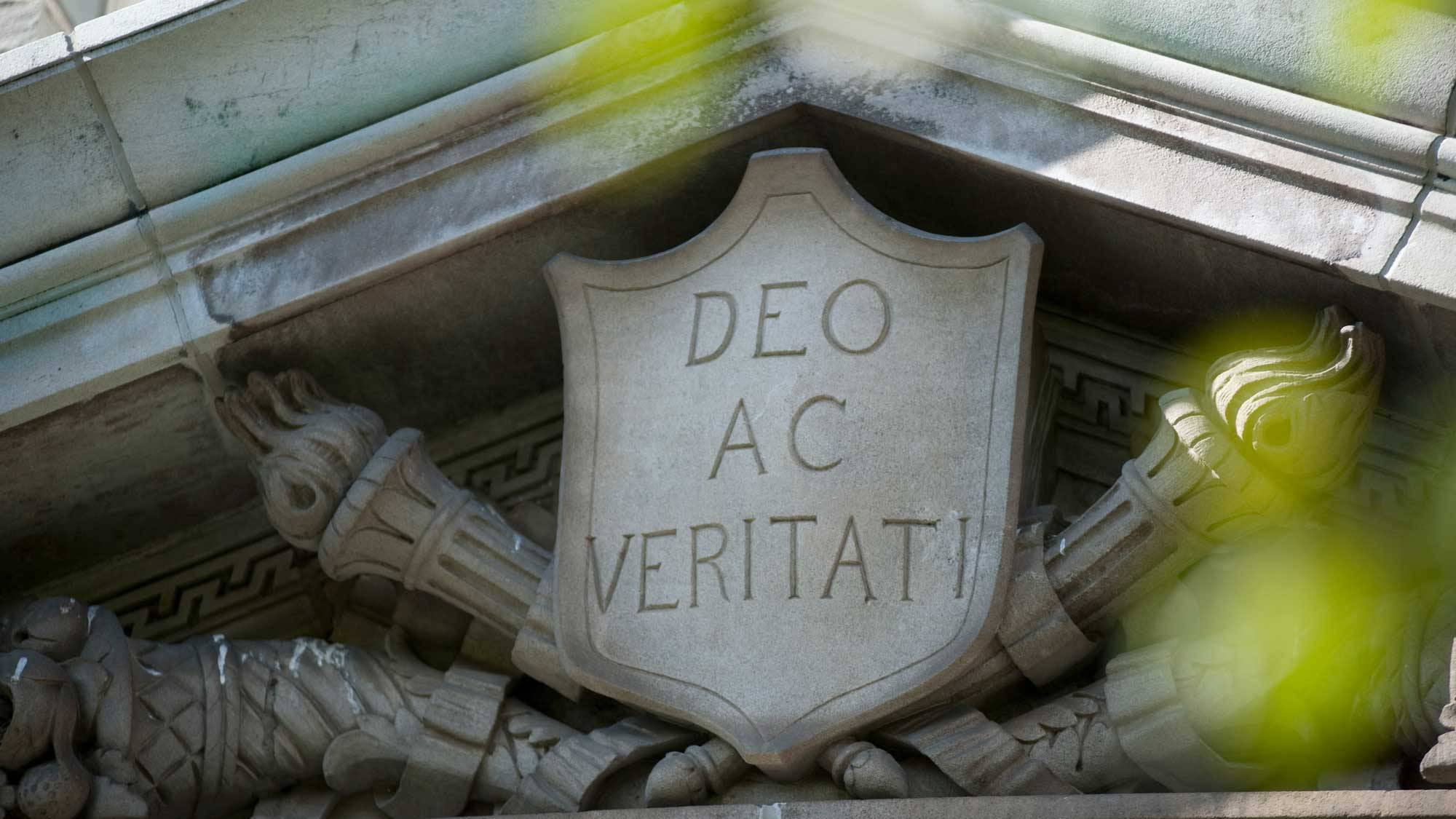Colgate University is responding to the COVID-19 pandemic while drawing on its core values and academic mission in considering the future.
This is the message that President Brian W. Casey sent to alumni following an online town hall last week. His email provided an overview of content that was presented live, from the University’s approach to emergency management to its fiscal health amid market volatility.
“It is very important that all those who care about Colgate know how the University is doing in these times and how we are thinking about our future,” Casey wrote.
In response to the crisis, Colgate deployed its Emergency Operations Center (EOC), which includes representatives from departments across campus, to address finances, operations, planning, and logistics. The EOC forwards recommendations to the Executive Group, composed of the president and his cabinet, so that they can map out steps to ensure the safety of students and employees.
Faculty have moved their teaching online with support from the Center for Learning, Teaching, and Research and from Information Technology Services. Class formats vary and include live meetings at normal class times or pre-recorded content to accommodate students in a multitude of time zones and living situations. In just the first week of remote learning, faculty offered a total of 125,781 Zoom minutes of academic and student support.
Even with instruction moving online, nearly 250 students still reside on campus for a variety of reasons. They have been provided with meal plans at the University’s expense, whether or not they had one before the onset of the crisis. Meals are delivered daily by Campus Safety Department members and other staff, who wear appropriate protective gear, in keeping with statewide regulations. Staff from the Office of Residential Life are making individual calls to check on students’ emotional health as well.
Looking ahead, Casey noted that, “Returning to face-to-face instruction might call for new patterns and a high degree of flexibility, but the return to this form of education is paramount to the University.”
The University is working to achieve a balanced budget for the 2019–20 fiscal year, while planning for next year’s operating budget. It is also monitoring its endowment, which now provides 25% of annual operating dollars.
Colgate has waived rent for businesses operating in University-owned spaces in the Village of Hamilton, and it has offered housing on Broad Street for Community Memorial Hospital staff who need lodging nearer to the facility. It has coordinated logistics and shared personal protective equipment with the hospital and SOMAC Ambulance. Colgate will continue to pay all of its employees through the end of its fiscal year while creating numerous models to plan for various contingencies that could arise in Fiscal Year 2021.
The University is also making alternate plans for important events like commencement and reunion, which were canceled due to federal and state health guidelines. Colgate will launch a virtual commemoration of the Class of 2020 on May 17 — the original date of commencement — and host a weekend celebration in May 2021, when class members and their families can return to campus in person. For alumni, this year’s reunion classes and groups will join graduates from the 1s and 6s at Reunion 2021 next summer. It will be a gathering inspired by the Bicentennial All-Class Reunion, held in 2019.
As for Colgate’s Third-Century Plan, Casey acknowledged that the crisis would alter the University’s timeline for first initiatives, but he promised to adhere to the plan’s key objectives, regardless of current events: attracting and supporting excellent students, faculty, and staff; strengthening the academic enterprise; enriching the life on campus, including athletics; and improving the campus and the Village of Hamilton.
“Colgate is an essential, important institution of higher education,” Casey wrote. “It is our obligation to our alumni, to our students and faculty, and to the nation to move the institution wisely and firmly through these times, while we also plan a robust future.”



